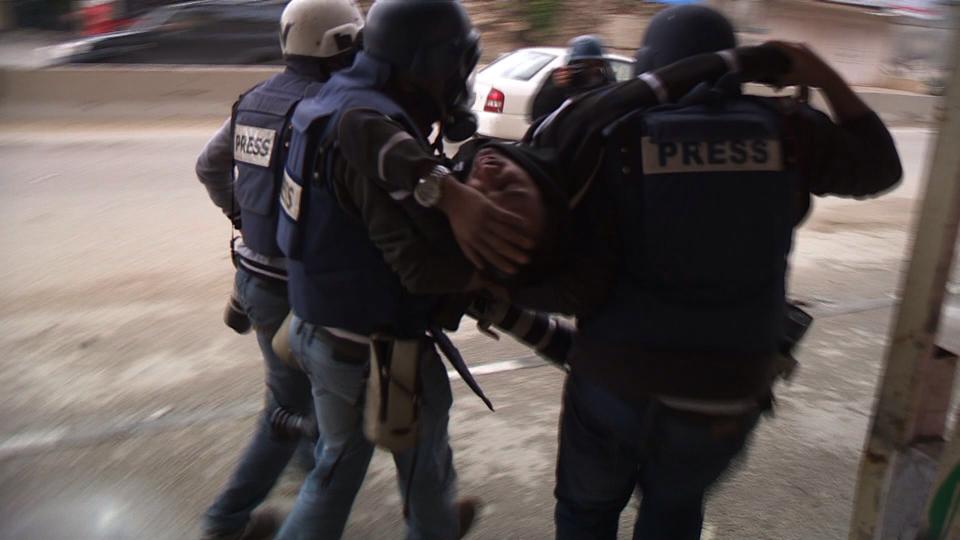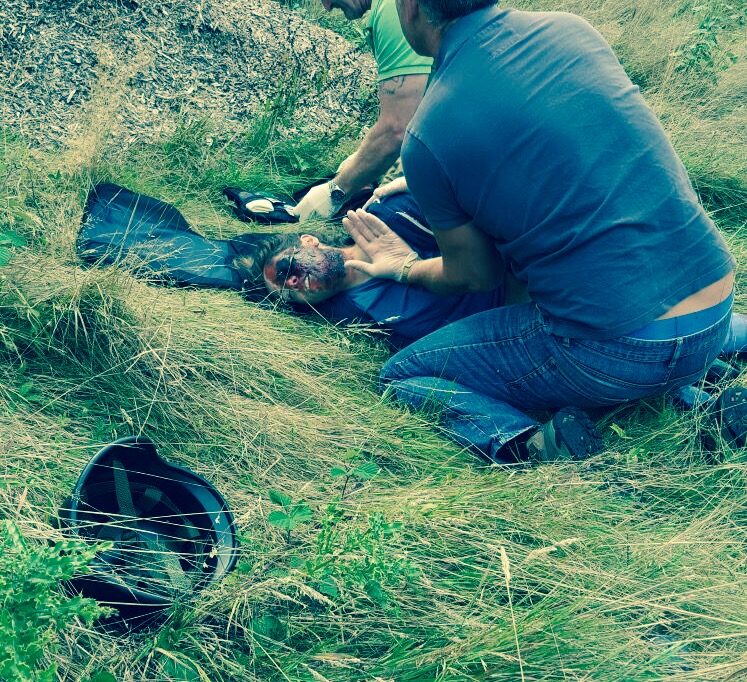Kinetic Areas Trauma Training [KATT]

One of the main preventable causes of prehospital death is severe bleeding. Many people know this, some of them carry a first aid kit when they go into kinetic areas, sometimes called hostile environments. But do they know how to use the contents? Do they know how to stop the bleeding? Clear the airway? Deal with chest trauma? Evacuate a casualty? The idea of our Kinectic Areas Trauma Training course is to make sure they know and that as their employer you know they know. Courses like this have to have a “catchy” name, so KATT it is.

What is covered on the Kinetic Areas Trauma Training [KATT]?
Having spend years working in kinetic areas and with those working there, we have build up an understanding of the issues faced, both by the people on the ground, but also for organisations asking their people to visit kinetic areas. We have looked at recommended standards and drafted a course which covers the key topics but we have also added some ideas of our own.
But the main think that makes this course different from all the other trendy named courses, is our training method is based firmed on the concept of memory recall under stress. We won’t get too boring here, nor give away too much, but when the proverbial hits the fan we don’t need to know bone names, we need to be able to access hardwired skills with sufficient understanding that we can adapt to the unique circumstances that are happening in front of you.
This course is currently only available for group bookings, though we hope to have an “open” programme underway soon. It is offered in two forms [KATT 2 & KATT 3], which are two days and three days respectively.
The training is heavy on practical working including casualty simulation, darknesss, noise and a few other things to freak you out, but it is in that state that you will need to recall the skills in the future. So we carefully take you into what some called the “ugly zone”. Scenarios from public disorder, civil war and full conflict are included, as well as a few more “down to earth” ones.
We are based in the UK but this course is designed to travel, we typically work with a group of up to 15 participants [and you will be participating not delegating], with a training team of three. We need outdoor areas, where we spill some blood [ok lots of blood] and make a bit of noise without worrying the neighbours too much. But we can make you aware of all the requirements, the full learning outcomes, assessment plan etc nearer the time.
So if this sounds like the type of training and experience you need, get in touch- info@lazarustraining.co.uk.
